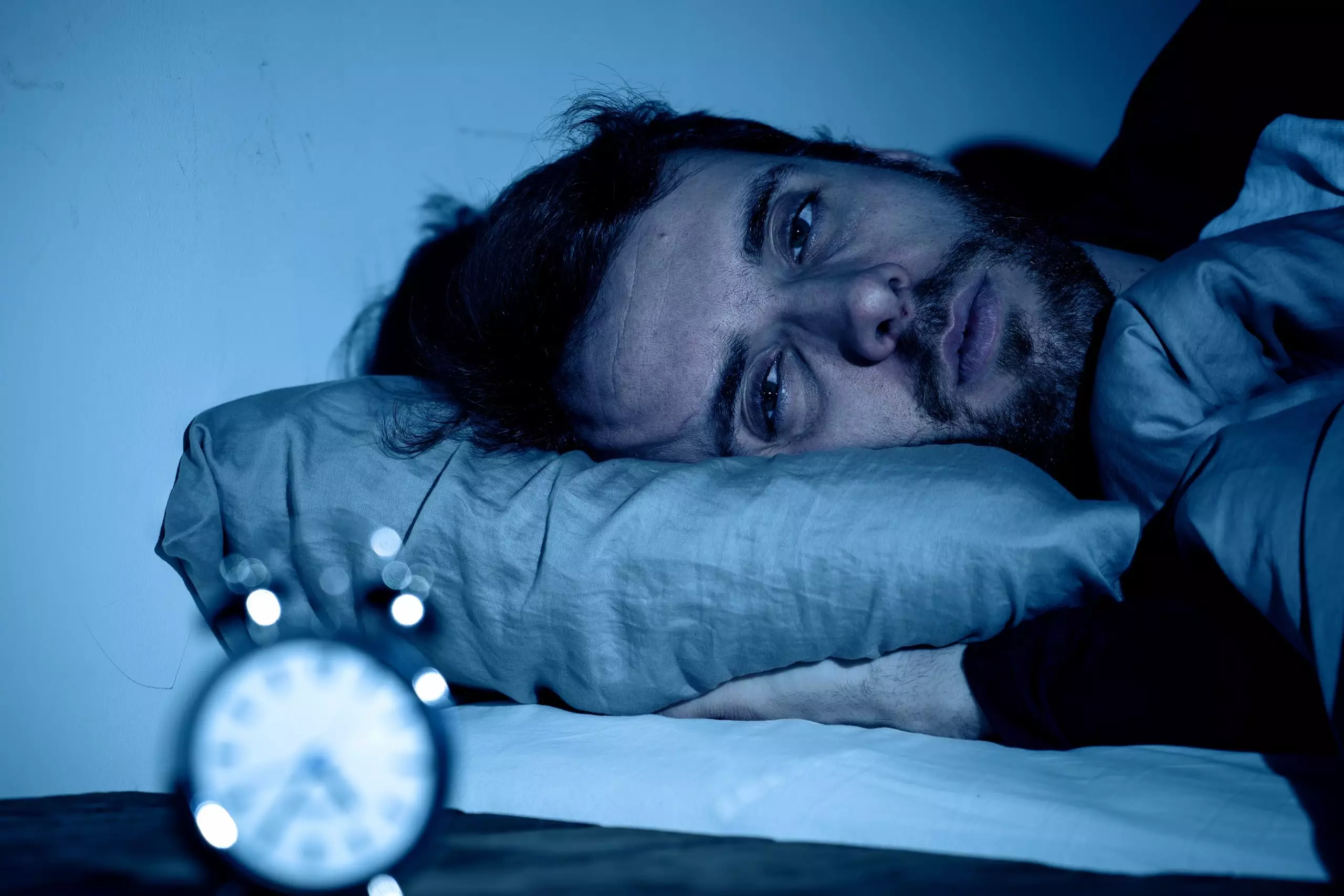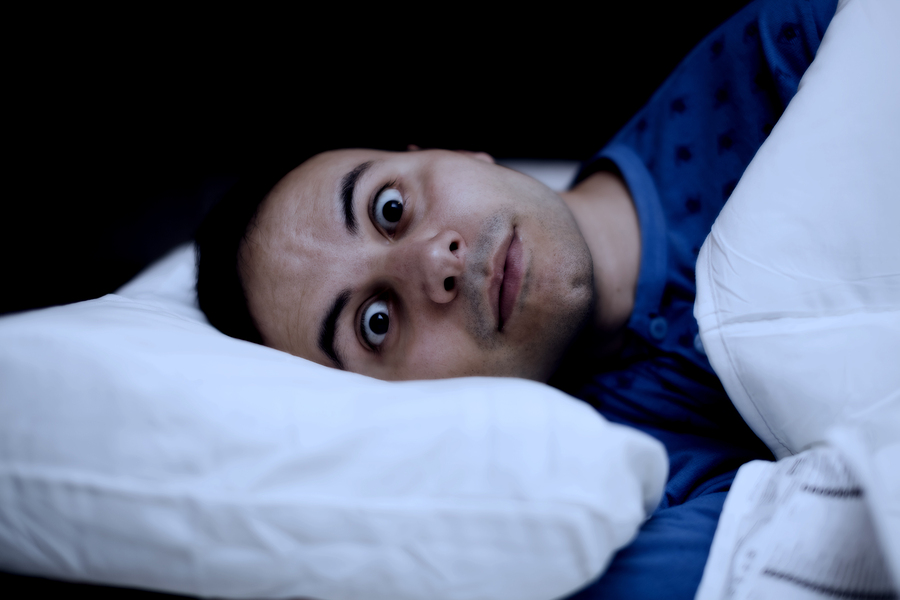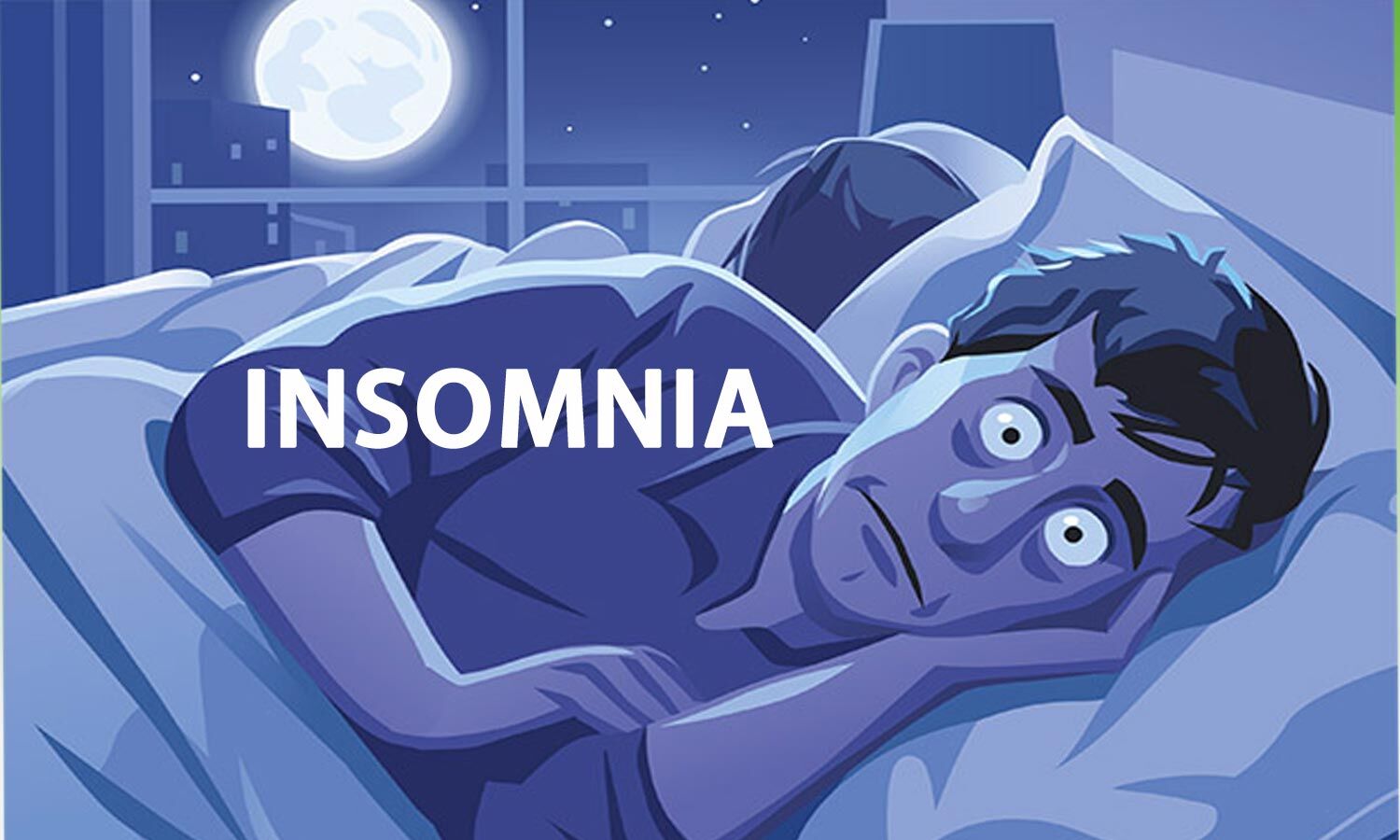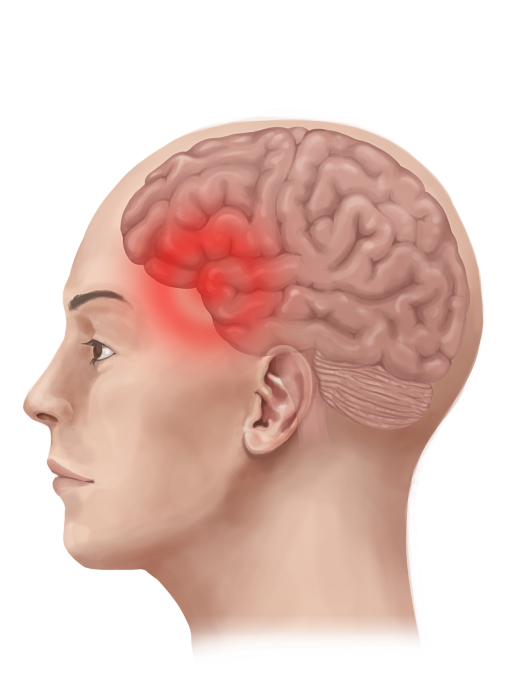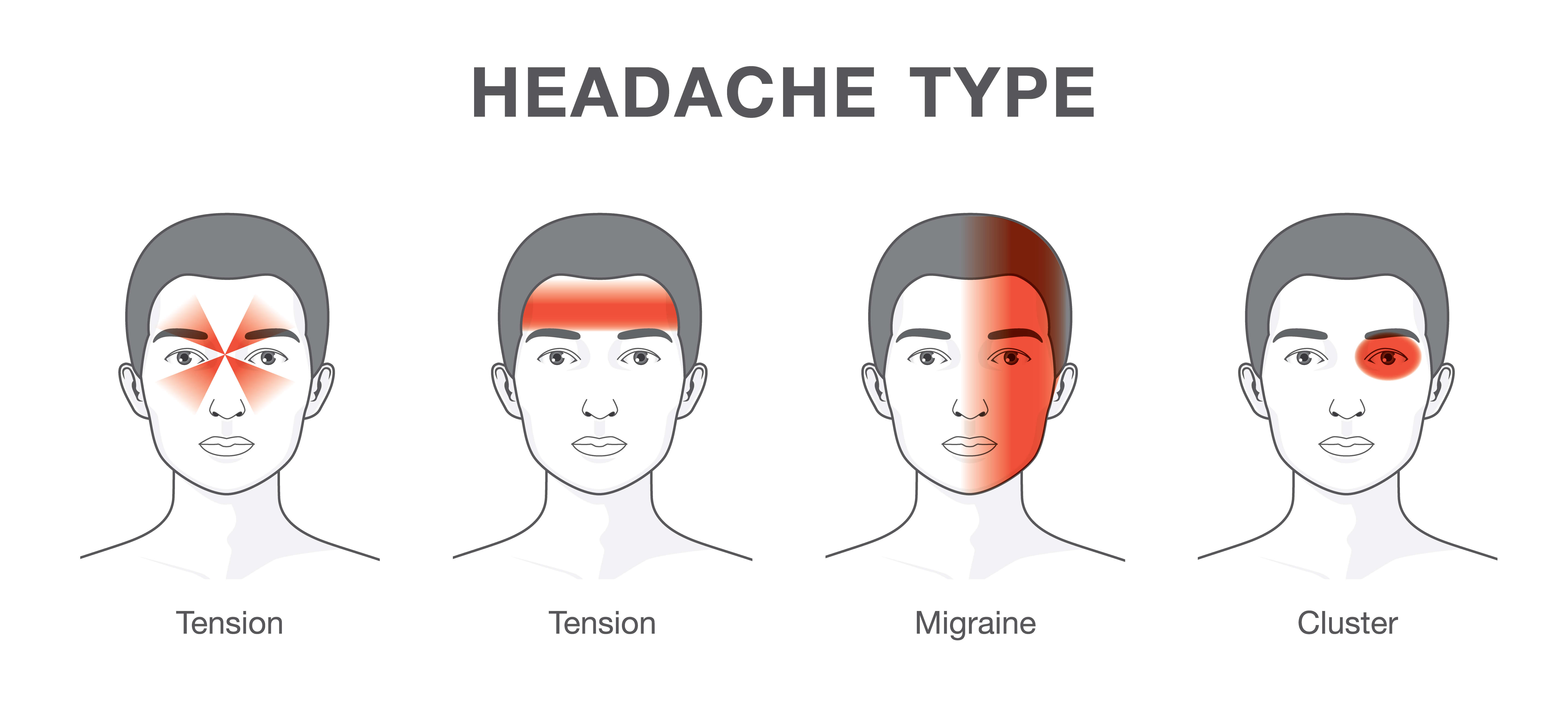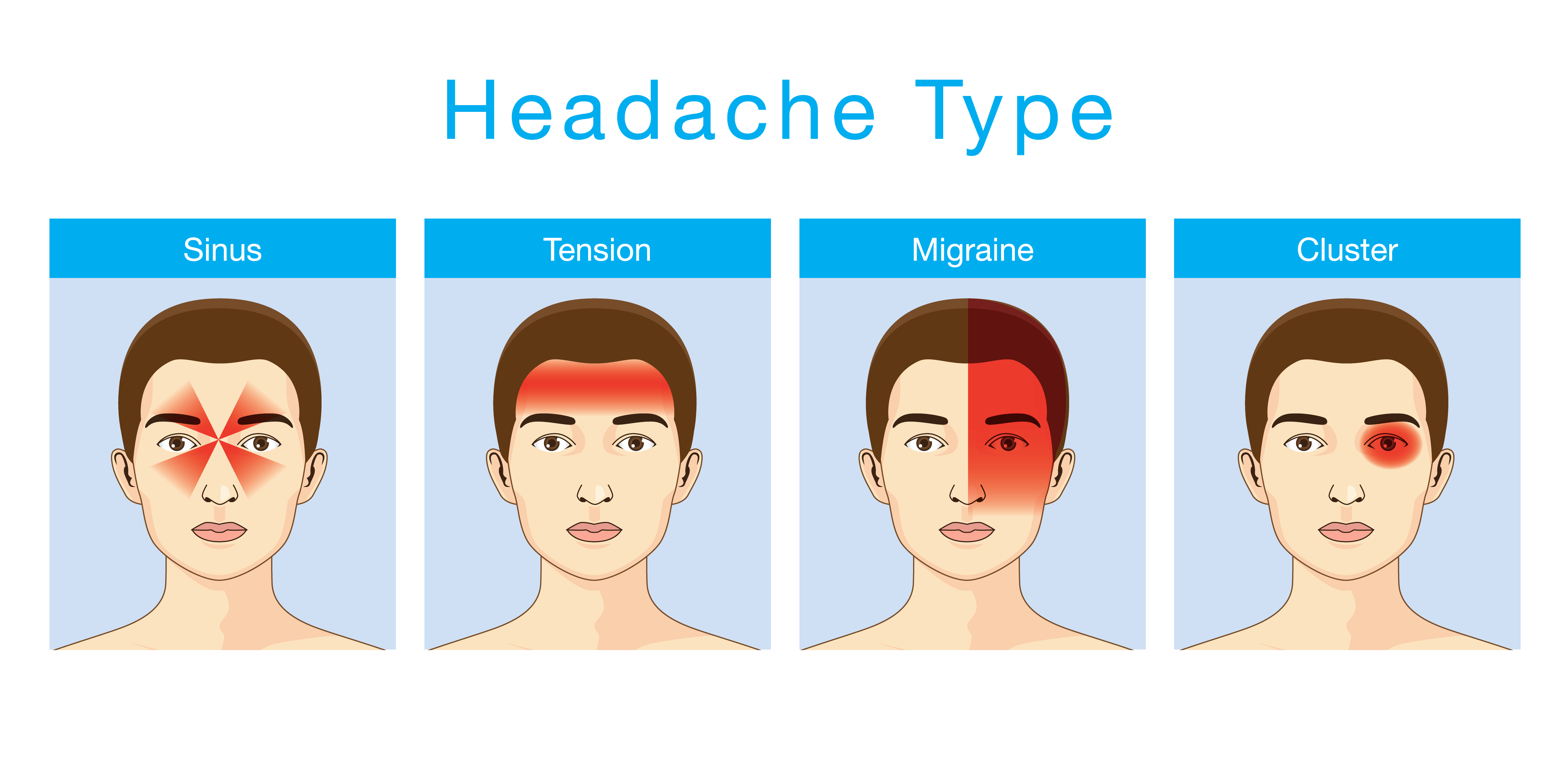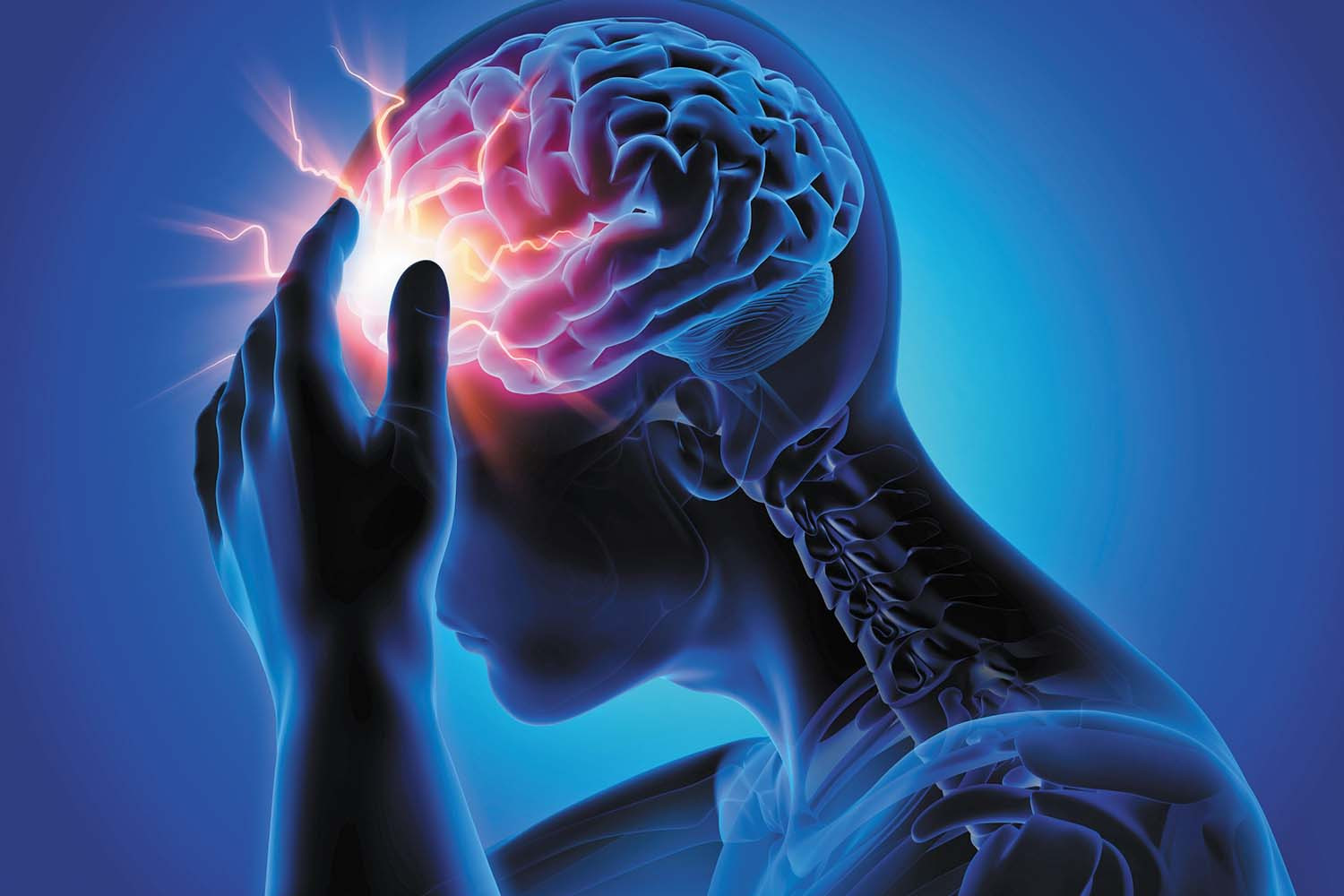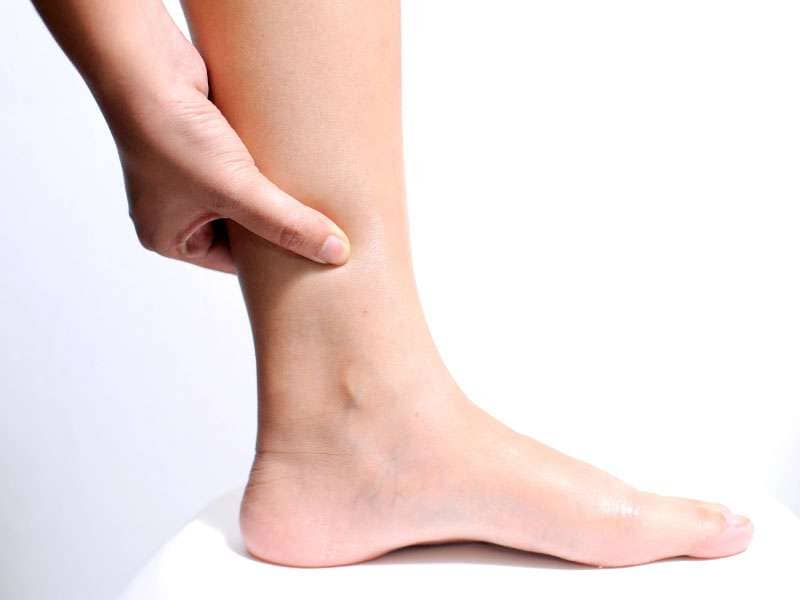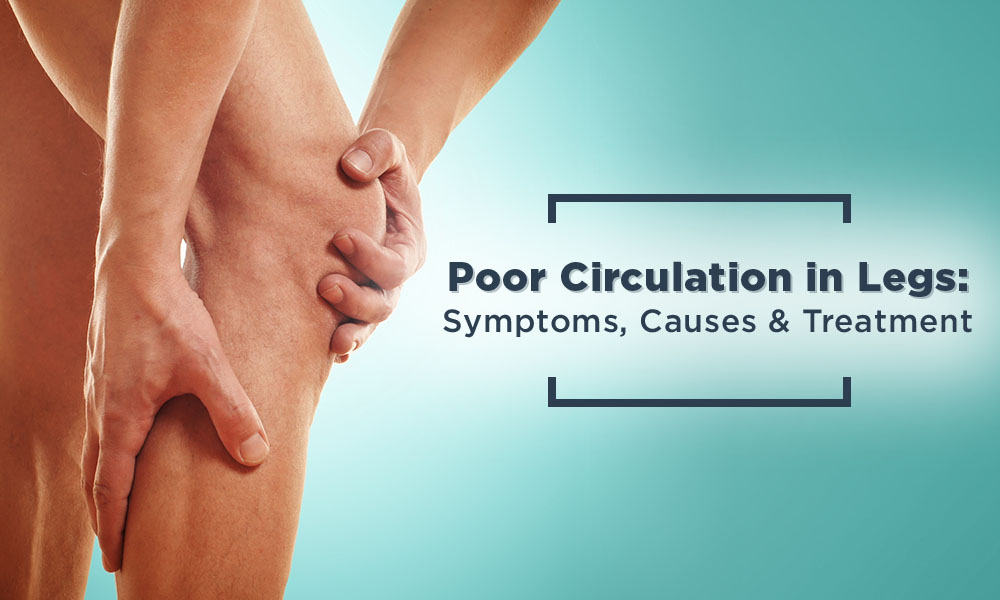Back Pain
One of the most common side effects of sleeping on a hard mattress is back pain. This is because a hard mattress does not provide enough cushioning and support for your spine, leading to strain and discomfort. People who already have existing back conditions may find that sleeping on a hard mattress exacerbates their pain, making it difficult for them to get a good night's sleep.
Furthermore, when you sleep on a hard mattress, your body is forced to maintain a flat position, which can cause your spine to become misaligned. This puts pressure on your back muscles, causing them to become tense and achy. Over time, this can lead to chronic back pain and even more serious spinal issues.
Neck Pain
Another side effect of sleeping on a hard mattress is neck pain. This is because a hard mattress does not contour to your body's natural curves, causing your neck to be in an uncomfortable position. Your neck muscles have to work harder to support your head, leading to strain and stiffness.
Moreover, sleeping on a hard mattress can also put pressure on your neck's nerves and joints, causing them to become irritated and inflamed. This can result in neck pain that can radiate to your shoulders and upper back, making it difficult to move your head and neck without discomfort.
Shoulder Pain
Sleeping on a hard mattress can also lead to shoulder pain. Similar to neck pain, a hard mattress does not provide enough support for your shoulders, causing pressure and strain on the muscles and joints. This can result in discomfort and pain when you sleep on your side, as your shoulders are not able to sink in and align properly with your spine.
In addition, if you have a pre-existing shoulder injury or condition, sleeping on a hard mattress can make the pain worse and delay the healing process. It is essential to have a mattress that supports your shoulders to prevent any unnecessary strain or discomfort.
Hip Pain
Another side effect of sleeping on a hard mattress is hip pain. A hard mattress does not provide enough cushioning for your hips, causing them to bear the full weight of your body. This can lead to pressure points and discomfort, especially for those who sleep on their side.
Furthermore, sleeping on a hard mattress can also cause your hips to be misaligned, putting strain on the surrounding muscles and joints. Over time, this can cause chronic hip pain and even affect your mobility and posture.
Joint Stiffness
One of the lesser-known side effects of sleeping on a hard mattress is joint stiffness. When you sleep on a hard surface, your joints are not able to move freely, causing them to become stiff and achy. This can make it challenging to get out of bed in the morning and can affect your daily activities.
In addition, a hard mattress can also cause your joints to become inflamed, leading to conditions such as arthritis and bursitis. It is essential to have a mattress that supports your joints and allows for proper movement to prevent stiffness and potential joint issues.
Numbness and Tingling
Another side effect of sleeping on a hard mattress is numbness and tingling in your arms and legs. This is because a hard mattress can put pressure on your nerves and restrict blood flow to your extremities. This can cause your arms and legs to fall asleep, making it difficult to get a good night's sleep.
In severe cases, prolonged pressure on your nerves can lead to nerve damage, resulting in chronic numbness and tingling. It is crucial to have a mattress that supports your body and promotes proper circulation to prevent these issues.
Insomnia
One of the most frustrating side effects of sleeping on a hard mattress is insomnia. When your body is not properly supported and comfortable, it can be challenging to fall and stay asleep. This can lead to restless nights and fatigue during the day.
Furthermore, if you are constantly waking up due to discomfort and pain caused by a hard mattress, it can disrupt your sleep cycle and affect your overall health and well-being. It is essential to have a comfortable and supportive mattress to ensure a good night's sleep and prevent insomnia.
Headaches
Sleeping on a hard mattress can also lead to headaches. When your body is not properly aligned and supported during sleep, it can cause tension in your neck and shoulders, leading to headaches. Additionally, a hard mattress can also cause poor sleep quality, which can contribute to headaches and migraines.
Moreover, if you have a pre-existing condition such as TMJ disorder, a hard mattress can worsen your symptoms and cause headaches and jaw pain. It is essential to have a comfortable and supportive mattress to prevent these issues.
Muscle Soreness
Sleeping on a hard mattress can also lead to muscle soreness. When your body is not properly supported, your muscles have to work harder to maintain a comfortable position, causing strain and fatigue. This can result in sore and achy muscles, making it difficult to perform daily activities.
In addition, a hard mattress can also put pressure on your trigger points, causing them to become inflamed and painful. This can lead to conditions such as fibromyalgia and myofascial pain syndrome. It is crucial to have a supportive mattress to prevent muscle soreness and potential chronic pain issues.
Poor Circulation
Lastly, sleeping on a hard mattress can also lead to poor circulation. When your body is not properly supported, it can put pressure on your blood vessels, restricting blood flow to your extremities. This can cause numbness and tingling, as well as more serious conditions such as varicose veins.
In addition, poor circulation can also affect your overall health, as your body is not getting enough oxygen and nutrients while you sleep. It is crucial to have a mattress that promotes proper circulation to prevent these issues.
How Sleeping on a Hard Mattress Can Negatively Affect Your Health

Understanding the Side Effects of Choosing the Wrong Mattress
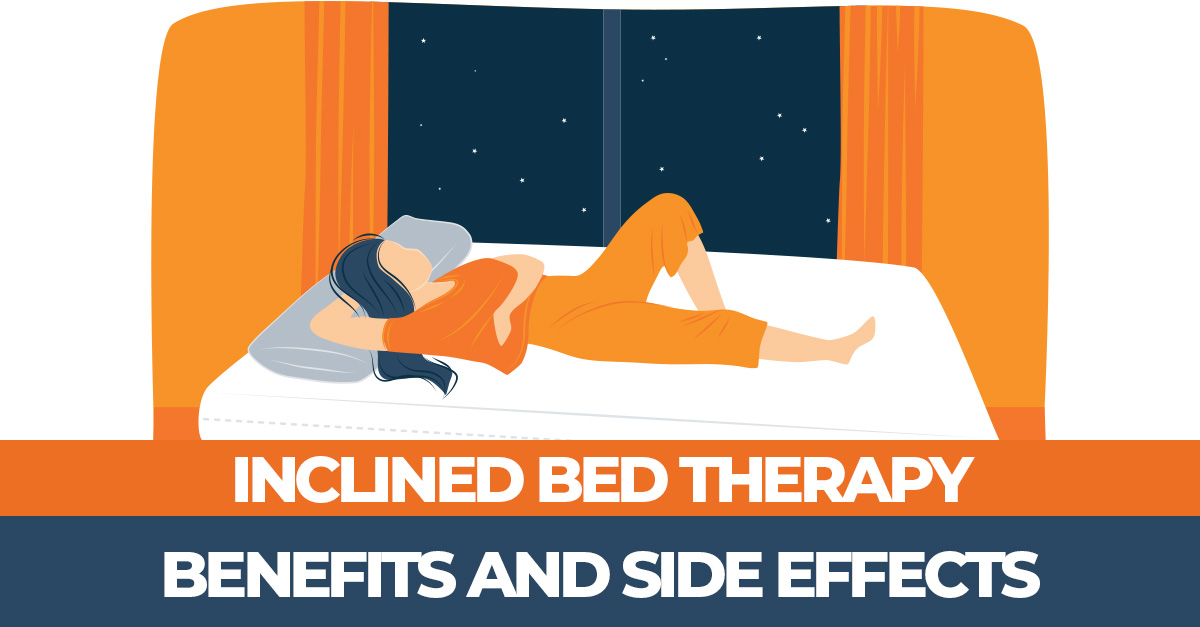 When it comes to designing our homes, we often focus on aesthetics and functionality. However, one important aspect that is often overlooked is the quality of our mattresses. Most people spend a significant amount of time sleeping, and the type of mattress we sleep on can greatly impact our overall health and well-being.
When it comes to designing our homes, we often focus on aesthetics and functionality. However, one important aspect that is often overlooked is the quality of our mattresses. Most people spend a significant amount of time sleeping, and the type of mattress we sleep on can greatly impact our overall health and well-being.
The Rise of Hard Mattresses
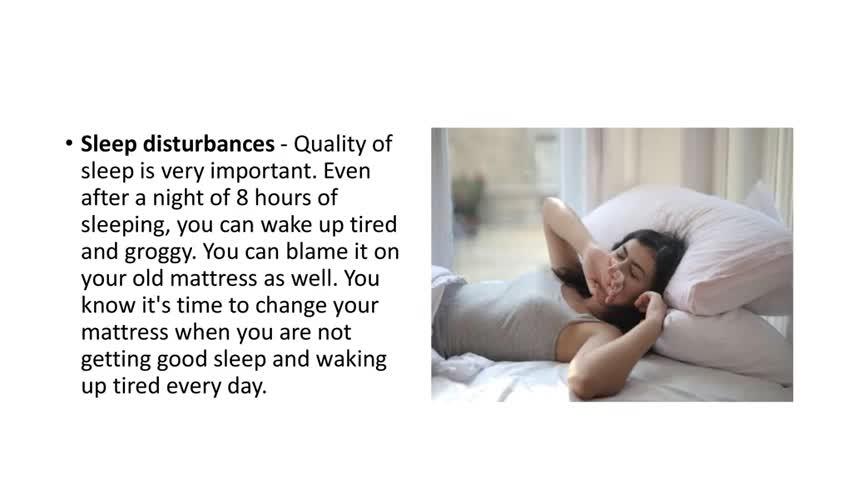 In recent years, there has been a growing trend towards harder mattresses. Many people believe that sleeping on a hard surface can help alleviate back pain and improve overall posture. While this may be true for some, it is important to understand the potential side effects of sleeping on a hard mattress.
Featured Keywords: hard mattress, back pain, posture
In recent years, there has been a growing trend towards harder mattresses. Many people believe that sleeping on a hard surface can help alleviate back pain and improve overall posture. While this may be true for some, it is important to understand the potential side effects of sleeping on a hard mattress.
Featured Keywords: hard mattress, back pain, posture
The Negative Effects of Sleeping on a Hard Mattress
 Contrary to popular belief, sleeping on a hard mattress can actually have negative effects on your health. One of the most common complaints is increased back pain. While a hard mattress may initially provide a feeling of support, it can actually put pressure on certain points of the body, leading to discomfort and pain.
Additionally, sleeping on a hard surface can lead to poor spinal alignment, which can contribute to long-term back problems. This is especially true for those who already have existing back issues. The lack of support and cushioning from a hard mattress can also cause stiffness and soreness in the muscles, making it difficult to get a good night's sleep.
Featured Keywords: back pain, spinal alignment, muscles, sleep
Contrary to popular belief, sleeping on a hard mattress can actually have negative effects on your health. One of the most common complaints is increased back pain. While a hard mattress may initially provide a feeling of support, it can actually put pressure on certain points of the body, leading to discomfort and pain.
Additionally, sleeping on a hard surface can lead to poor spinal alignment, which can contribute to long-term back problems. This is especially true for those who already have existing back issues. The lack of support and cushioning from a hard mattress can also cause stiffness and soreness in the muscles, making it difficult to get a good night's sleep.
Featured Keywords: back pain, spinal alignment, muscles, sleep
Other Potential Side Effects
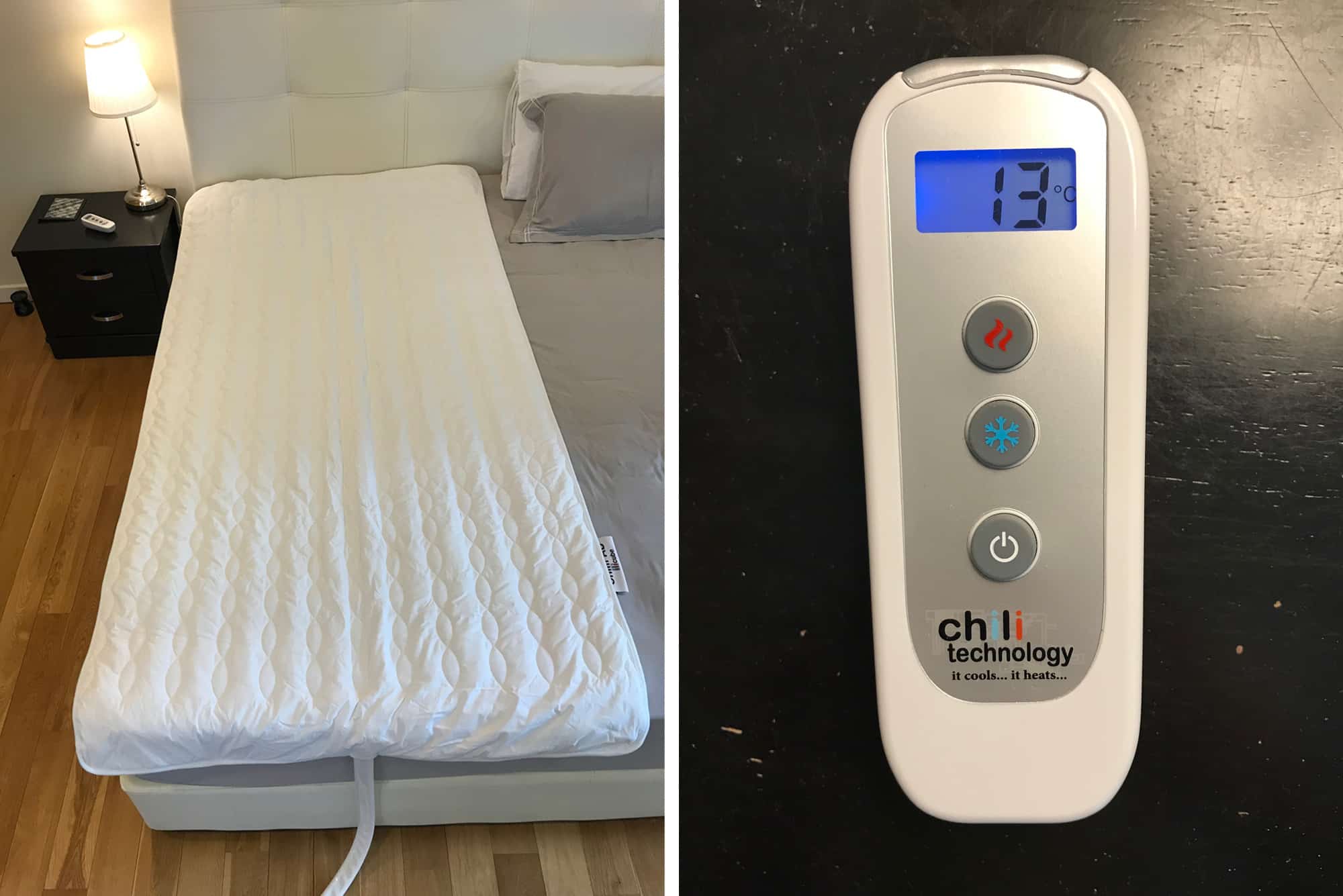 Aside from back pain, sleeping on a hard mattress can also lead to other health issues. The lack of proper support can put pressure on certain nerves and cause numbness and tingling in the limbs. This can disrupt sleep and lead to fatigue and irritability during the day.
In addition, sleeping on a hard surface can also affect your circulation. The pressure on your body can restrict blood flow, leading to discomfort and even numbness in the affected areas. This can also have a negative impact on your overall health and well-being.
Featured Keywords: nerve pain, circulation, health, well-being
Aside from back pain, sleeping on a hard mattress can also lead to other health issues. The lack of proper support can put pressure on certain nerves and cause numbness and tingling in the limbs. This can disrupt sleep and lead to fatigue and irritability during the day.
In addition, sleeping on a hard surface can also affect your circulation. The pressure on your body can restrict blood flow, leading to discomfort and even numbness in the affected areas. This can also have a negative impact on your overall health and well-being.
Featured Keywords: nerve pain, circulation, health, well-being
Finding the Right Mattress for You
 It is important to remember that everyone's body is different, and what works for one person may not work for another. While a hard mattress may be beneficial for some, it is not a one-size-fits-all solution. It is important to find a mattress that provides the right balance of support and comfort for your individual needs.
When shopping for a mattress, be sure to test it out and see how it feels for your body. Look for a mattress that provides proper support for your spine and allows your body to sink in slightly for optimal comfort. Remember, a good night's sleep is essential for overall health, so don't compromise on the quality of your mattress.
Featured Keywords: mattress, support, comfort, sleep
It is important to remember that everyone's body is different, and what works for one person may not work for another. While a hard mattress may be beneficial for some, it is not a one-size-fits-all solution. It is important to find a mattress that provides the right balance of support and comfort for your individual needs.
When shopping for a mattress, be sure to test it out and see how it feels for your body. Look for a mattress that provides proper support for your spine and allows your body to sink in slightly for optimal comfort. Remember, a good night's sleep is essential for overall health, so don't compromise on the quality of your mattress.
Featured Keywords: mattress, support, comfort, sleep
In Conclusion
 While a hard mattress may seem like a good choice for alleviating back pain, it is important to understand the potential negative effects it can have on your health. By finding the right balance of support and comfort, you can ensure a good night's sleep and maintain your overall well-being. Don't let a hard mattress cause more harm than good – choose wisely when it comes to your mattress and prioritize your health and comfort.
While a hard mattress may seem like a good choice for alleviating back pain, it is important to understand the potential negative effects it can have on your health. By finding the right balance of support and comfort, you can ensure a good night's sleep and maintain your overall well-being. Don't let a hard mattress cause more harm than good – choose wisely when it comes to your mattress and prioritize your health and comfort.


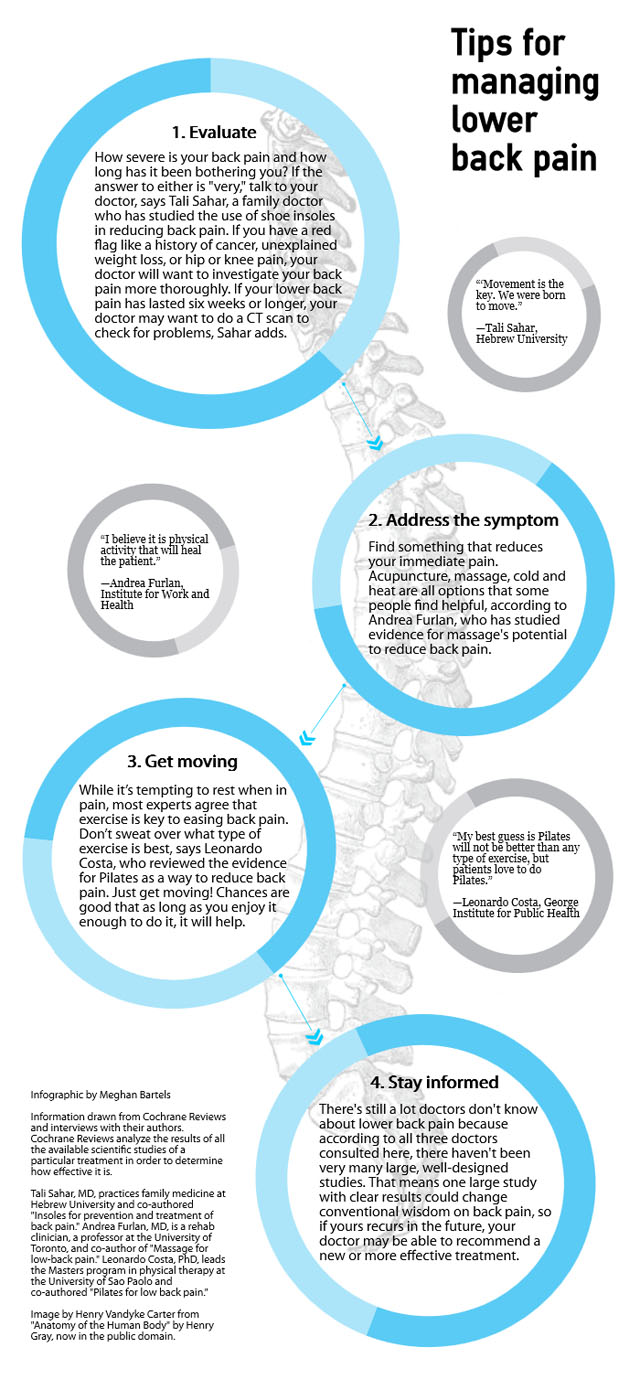




:max_bytes(150000):strip_icc()/backpainfinal-01-5c3ba0bf46e0fb0001b5b300.png)





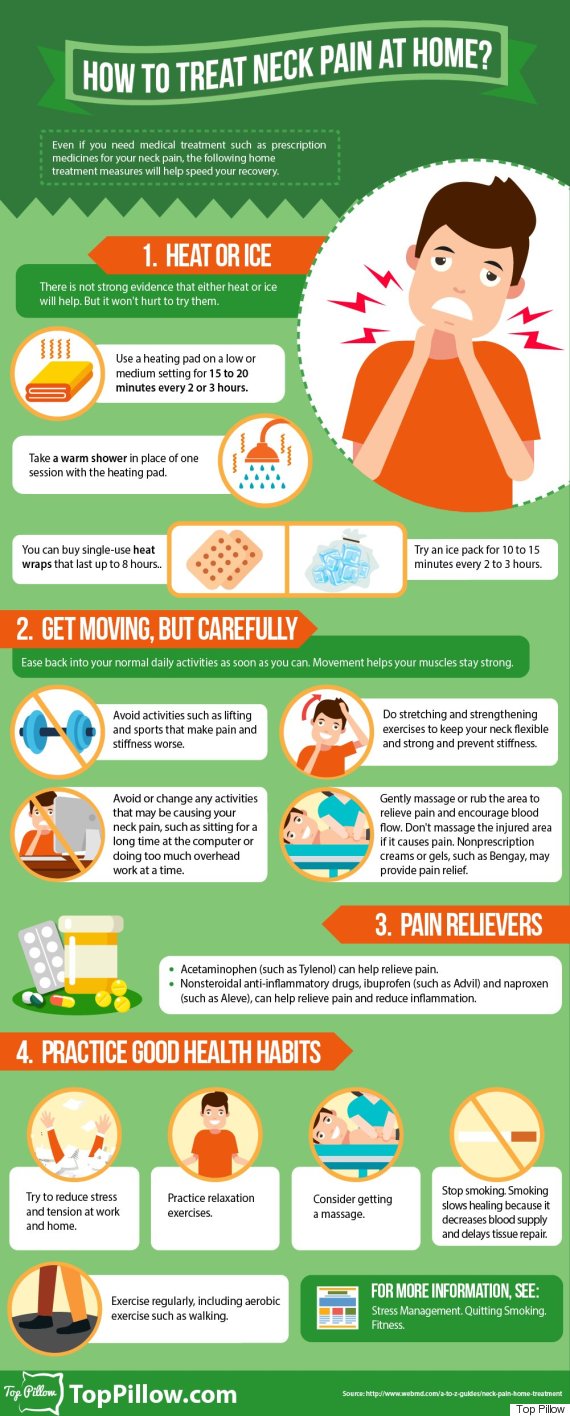



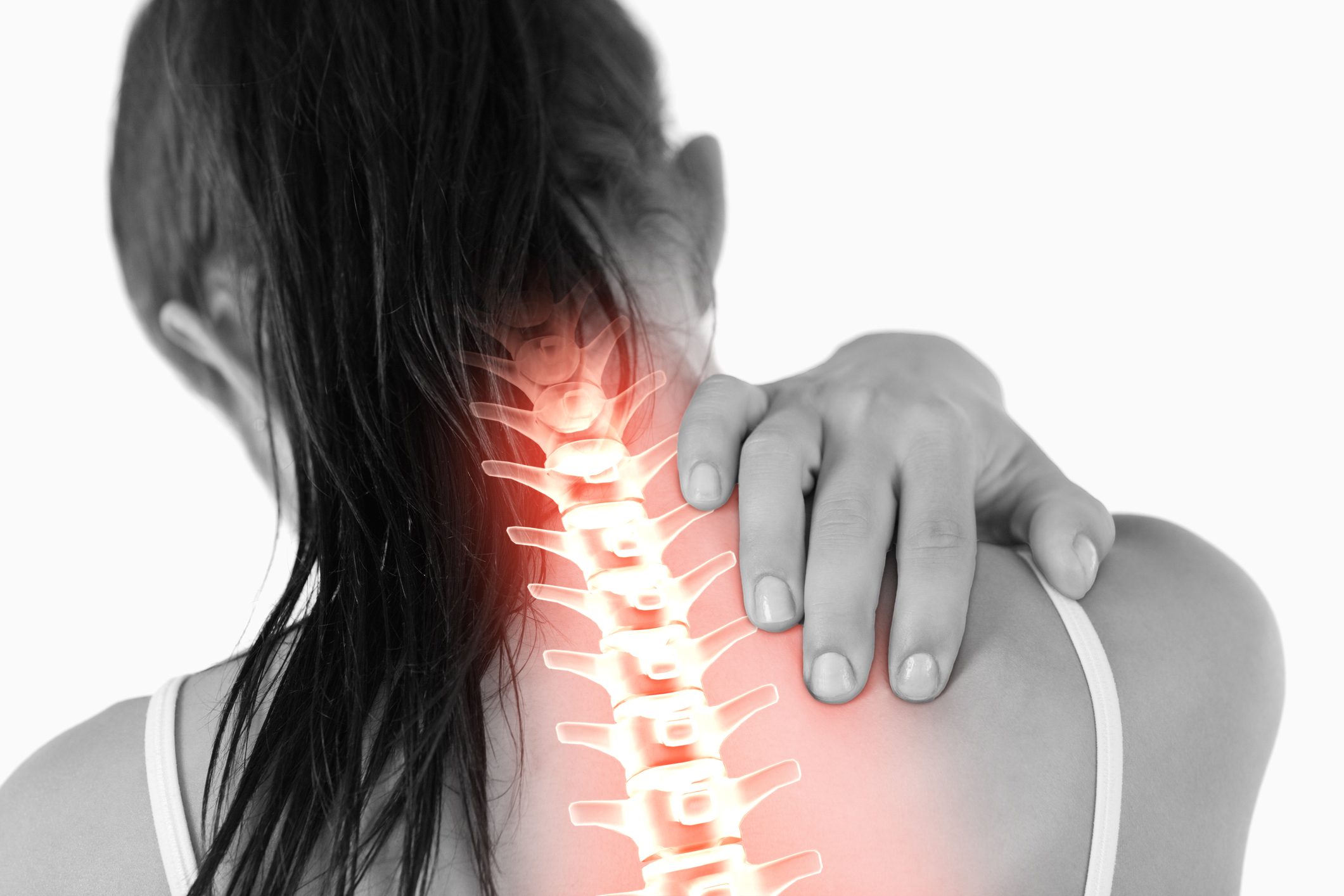











:max_bytes(150000):strip_icc()/shoulder_pain_medreview-01-5c3b9f8546e0fb0001bdeaaa.png)




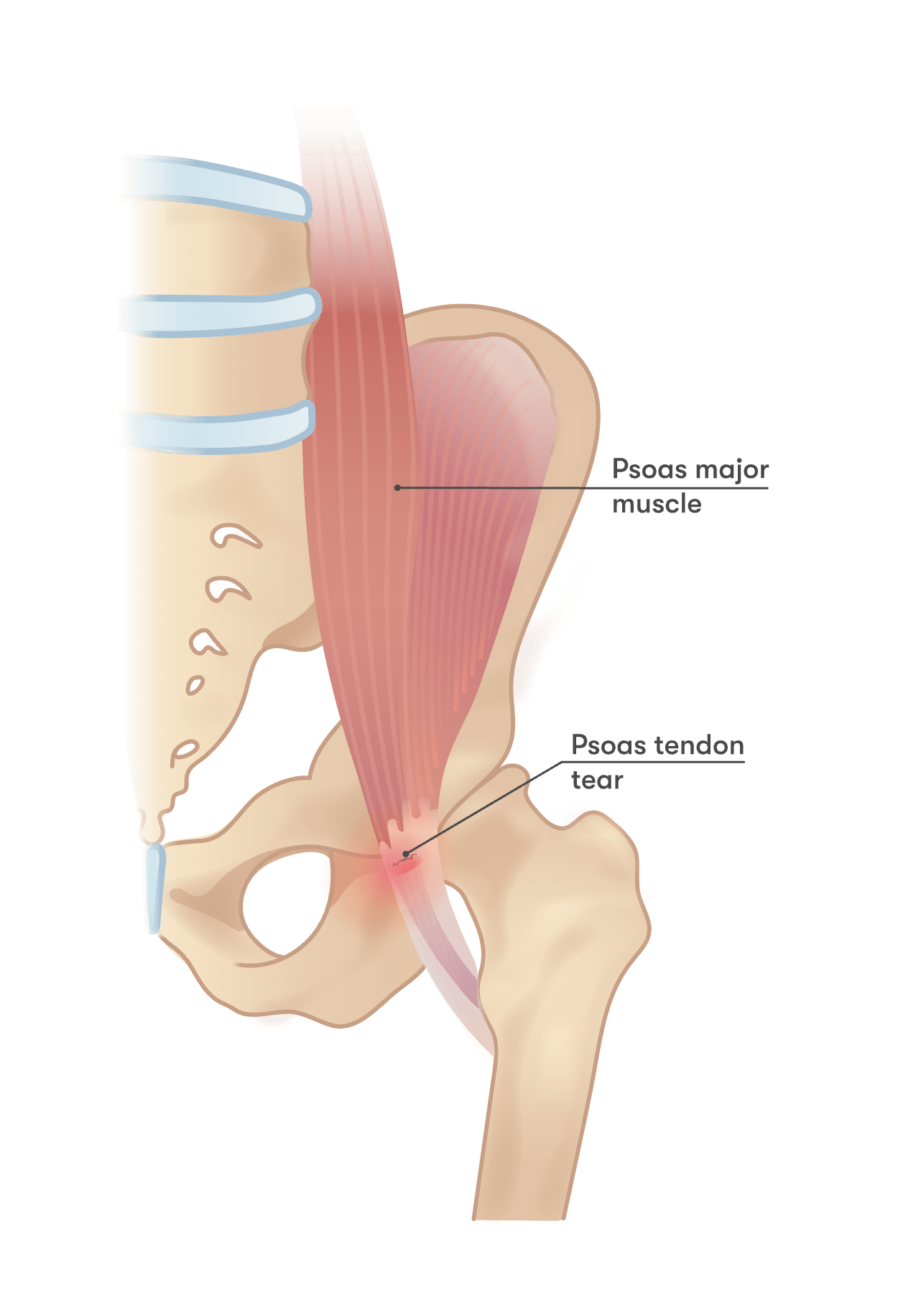




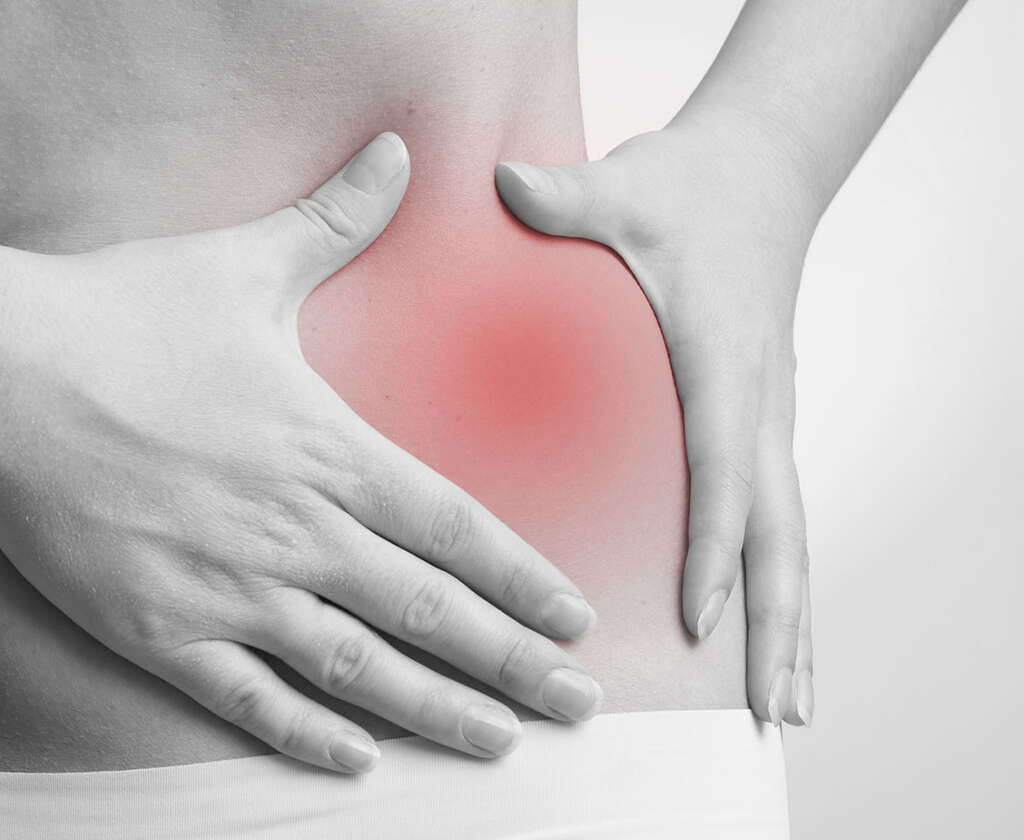





















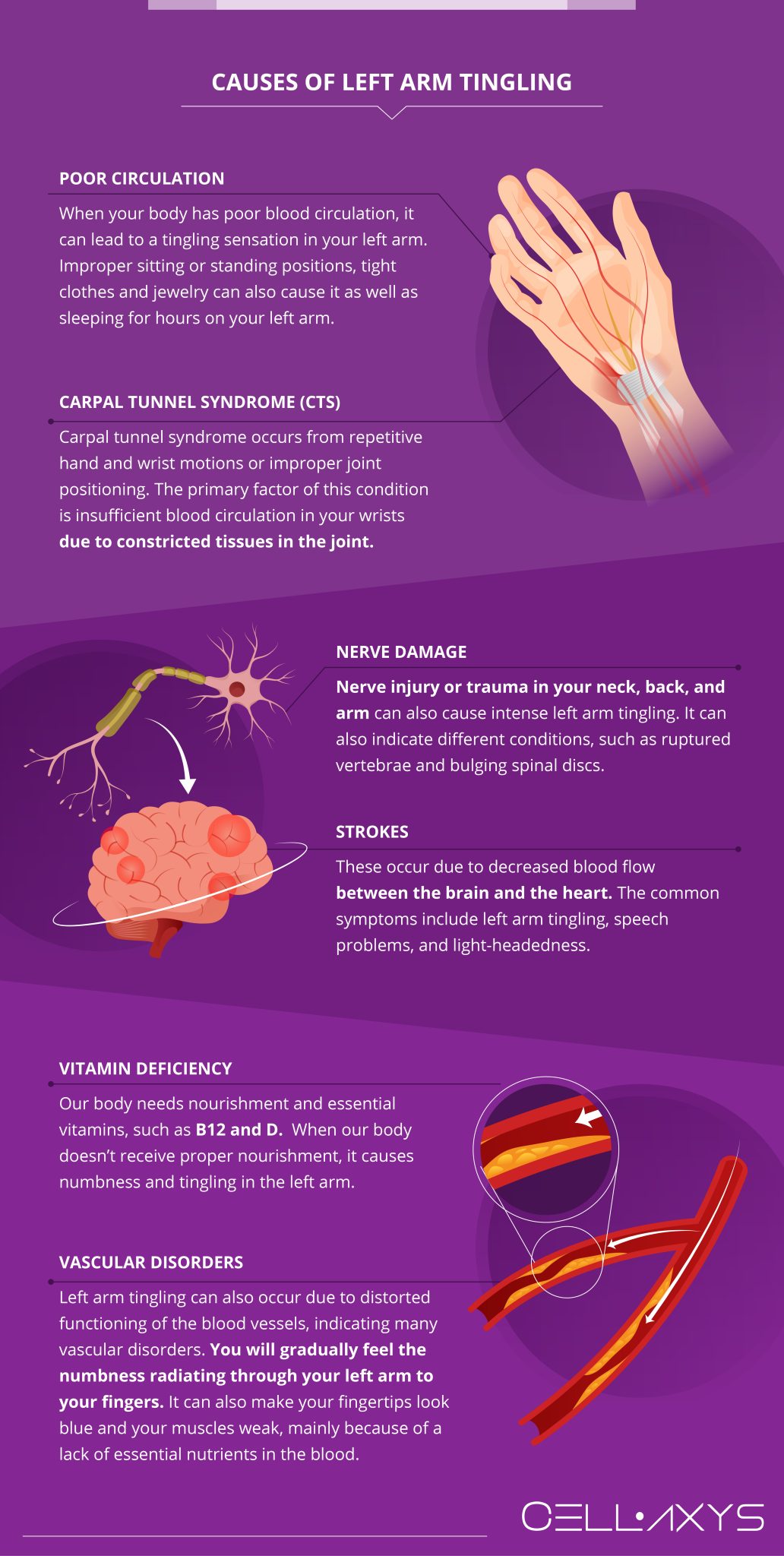







:max_bytes(150000):strip_icc()/tingling-numbness-2549269_V2-69a8afe7b9a24e42a04e8325ebbcf537.gif)





